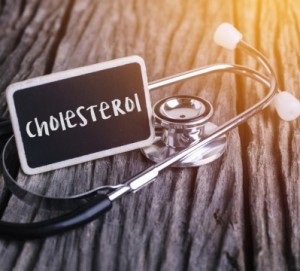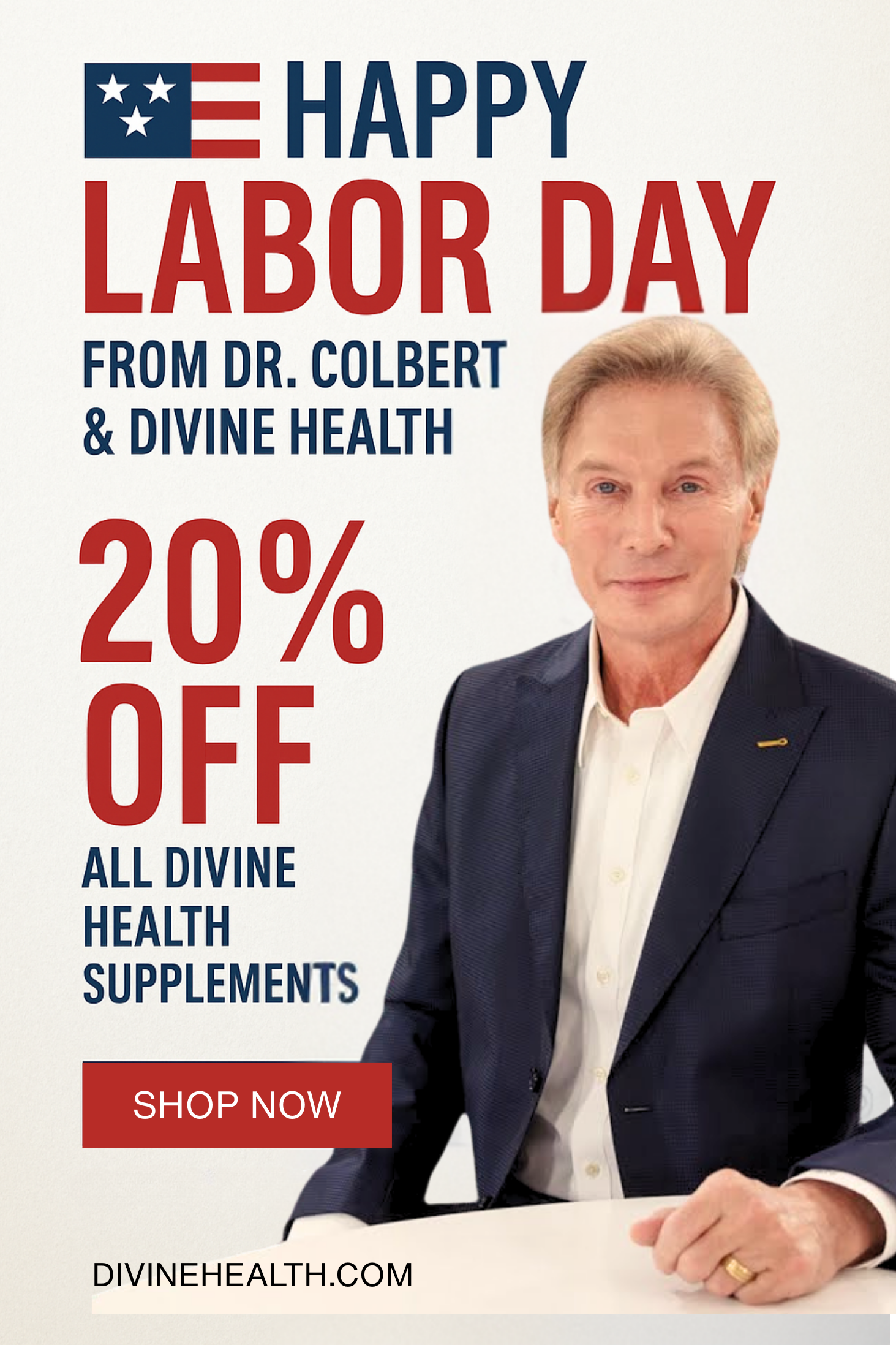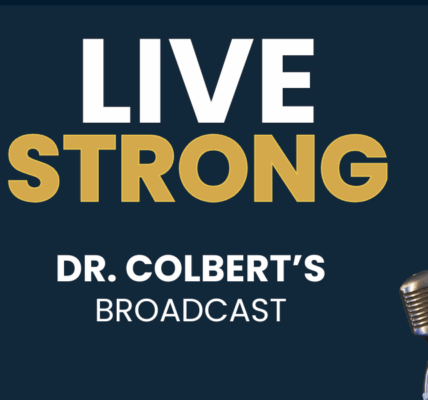For many years the discussion of cardiovascular health has virtually revolved around cholesterol. Many people have been led to believe that cholesterol clogs arteries, leads to heart disease, and should be avoided in a healthy diet. This is far from the whole truth, however. In reality our bodies actually need dietary cholesterol for a number of vital biological processes.
But this doesn’t mean that elevated cholesterol is necessarily good! As with most things in health, the answer lies in finding a balance.
High cholesterol is not the cause of heart disease, it is a symptom of a more fundamental imbalance in the body.
To understand this further, let’s review the basic facts about cholesterol.
What is Cholesterol?
Cholesterol is found in every of cell of your body. It is a waxy, fat-like substance that circulates in your blood. It is utilized to create cell membranes, hormones, and vitamin D. Your liver creates the cholesterol you need from the fats that you consume.
Cholesterol doesn’t dissolve in the blood, kind of like how fat won’t dissolve in water. Instead, cholesterol bonds to carriers called lipoproteins. Lipoproteins are made up of cholesterol on the inside with a layer of protein on the outside. These carriers transport cholesterol between cells to be used for various biological functions.
Types of Cholesterol
There are two primary types of cholesterol. Each of which is carried by a different type of lipoprotein.
Low-density lipoproteins (LDL) are often referred to as “bad” cholesterol. This lipoprotein carries cholesterol to cells and it is the kind of cholesterol that ends up deposited on arterial walls.
High-density lipoproteins (HDL) carry the so-called “good” cholesterol. This is the kind of lipoprotein that scavenges cholesterol particles and carries them to the liver to be dealt with.
So then the goal is to have more HDL and less LDL, right? Well, not necessarily. It’s actually a bit more complicated than that.
Inflammation: The Silent Killer
It turns out that cholesterol levels rise in response to oxidative stress in the arteries. Oxidative stress is a result of free radical damage. When free radicals damage the arterial walls, the body mounts an inflammatory response and cholesterol comes in to patch things up.
Unfortunately, if cholesterol continues to be deployed and free-radicals continue to circulate and cause damage, then the cholesterol that has been deposited becomes oxidized and sticky with the potential to eventually clog arteries and lead to heart disease.
The Type of LDL Matters
There are actually two sub-groups of LDL particles. LDL subtype A is a large fluffy cholesterol particle that is less prone to oxidation and less likely to stick to arterial walls. LDL subtype B is a smaller and denser particle that is easily oxidized and more likely to build up in the arteries.
So as you can see, the “good cholesterol” and “bad cholesterol” dichotomy is much more nuanced than it is usually presented in the pop-health media.
What Are Healthy Ranges?
According to heartmdinstitute.com,
“Knowing your LDL and HDL count is marginally useful in determining whether you’re at risk for a cardiovascular event. You and your doctor are really in the dark unless you know how much of your LDL is of subtype A and/or B. People with more B-type particles (the smaller, denser, more harmful kind) are said to have a pattern-B distribution, while those with more A-type (larger, fluffier, more benign) particles are said to have a pattern-A distribution.”
Total cholesterol does not mean much unless it is above 320. If this is the case, then lifestyle adjustments such as avoiding trans fats and oxidized oils, lowering refined sugar and carbohydrate consumption, getting moderate exercise, lowering stress, and prioritizing adequate sun exposure, can all help bring the number down.
A more accurate indicator for the risk of heart disease can be found in the calculation of your HDL to triglyceride ratio. This ratio is determined by dividing your triglyceride number by your total HDL number. A ratio of 5 or more is a high risk for heart disease.
Lifestyle Disease
Fundamentally, elevated cholesterol and heart disease are a result of the oxidative stress and associated inflammation caused by lifestyle factors such as poor diet, toxin exposure, a lack of exercise, mental stress, and inadequate sun exposure.
By addressing these root causes of elevated cholesterol, it is more likely you will be able to avoid becoming dependent on pharmaceutical “band-aids” such as statin drugs that do not address the root cause and often cause damaging side effects. Statins are needed in certain situations but should be considered a last resort when lifestyle modification alone is not enough.
For expert guidance on a weight loss program that could help you lower your risk for heart disease join Dr. Colbert’s Slender System for FREE today.
References
1. https://www.thedrswolfson.com/hdl-good-cholesterol/
2. http://articles.mercola.com/sites/articles/archive/2010/08/10/making-sense-of-your-cholesterol-numbers.aspx
3. https://www.nhlbi.nih.gov/health/health-topics/topics/hbc
4. https://heartmdinstitute.com/heart-health/types-of-cholesterol/















My cholesterol level is 229
My blood pressure fluctuates up and down
It went up to 145/ 85
My husbands blood pressure goes up to 185/ 90 or 95
He is a Diabetic
His blood pressure comes down to 155/90. When eating vegetables, fruits that are not totally ripe, and small portions of lean meat without the skin.
He is on 2 blood pressure pills. Lisinipril 20 mg. amlodopine 10 mg.
I currently am on no medications for Cholesterol or blood pressur
I am under stress 24 hours a day, 7 days a week
I am a caregiver to my mother who has Dementia, early Alzheimer’s
I give Ll her medications everyday when due, clean her house, cook her food and sit with her. I walk back and forth from my house to hers everyday, morning, till noon, evening and night.
I do all her household Nd grocery shopping, take her to most of her doctors appointments, go to pharmacy to get all her meds.
Her mental state jumps from being clear for. Few minutes to being somewhat confused.
My husband has had problems with memory for several years, he becomes restless, chews chewing tobacco almost every waking minute and sometimes falls Sleep with it in his mouth
He does. Ot understand how to take his meds, I have to get all his meds
Carry trays of food to him and explain things over and over to him
Every now and then my daughter tries to give me 2 or 3 hours break so I can go do shopping and get meds but only once every 2 or 3 weeks,
I have to go get groceries and meds at Pharmacy.
Every week get groceries and cleaning supplies. I have to call mom to make sure she is ok while I’m gone to run errands
I’ve never had high cholesterol or hhigh blood pressure in my entire life
I was born with a heart murmur And nurse thinks I may have heart valve problems
Wants me to see. Heart specialist.
There are no good Heart Specialist close to our area. We have to drive hours away in order to get to a good specialist and even then we aren’t aware which Doctor is good.
I truly wish and pray Dr. Colbert would start a practice at Hazard ARH HospitL
In Hazard, Kentucky. We only get a good doctor every few years and then he leaves and moves to New York or California to a hospital which has better pay.
We need someone to move here who isnt just all about money.
Don’t get me wrong he has to have money to live and raise a family, we all do, but we need doctors here who is concerned about patients and knows how to treat their patients.
We are so discourged with our hospitals, most doctors they send to our hospitals did not make very good grades in medical school, so we get the doctors who don’t really know what they are doing. and many patients end up dying.
Dr. Colbert please tell me what kinds of food we need to eat and what to do to be healthy.
Wish you and your family and other good Health Professionals would move to Southeastern Kentucky, we need you here
Please consider
Is cholesterol a cause for strokes? If so should you take a stating if you’ve had 2 strokes. What besides fish oil can be done to prevent strokes. Thanks